Get Rid of Ants in Kitchen | Banish Ants from Your Kitchen Effectively!
Ants in the kitchen can be a frustrating problem, but there are effective strategies to get rid of them and regain control of your space. By implementing preventative measures, utilizing natural repellents, sealing entry points, using baits and pesticides, and identifying and addressing the ant source, you can eliminate ants and keep your kitchen ant-free. Let's explore these methods in more detail.

Key Takeaways:
- Preventative measures such as storing food in sealed containers and keeping the kitchen clean can minimize ant attraction.
- Utilizing natural repellents like peppermint oil, lemon, cinnamon, and coffee grounds can deter ants from entering the kitchen.
- Sealing cracks and crevices, replacing damaged window and door screens, and addressing rotten wood can prevent ants from gaining access.
- Using baits and pesticides can effectively eliminate ants by targeting the entire colony.
- Locating and treating the ant nest directly, if accessible, can be a quick way to achieve control.
Preventative Measures to Keep Ants Away
Taking preventative measures is crucial to prevent ants from infiltrating your kitchen. By implementing these simple steps, you can create a kitchen environment that is unattractive to ants and significantly reduce the likelihood of an infestation.
One of the key preventative measures is proper food storage. Storing your food in sealed containers not only helps preserve freshness but also prevents ants from accessing their food source. Transfer your pet's food into airtight containers as well to eliminate any temptation for ants.
Maintaining a clean kitchen is equally important. Regularly wipe down countertops, clean up spills immediately, and refrigerate ripe fruits to remove potential attractants. Pay attention to areas like dish towels or mats that might become damp and provide a water source for ants. Ensuring that there are no damp areas and fixing any leaky pipes will also help discourage ants from seeking shelter in your kitchen.
Implementing these preventative measures will help you create an environment that is unappealing to ants, reducing the chances of them invading your kitchen.
Using Natural Repellents to Deter Ants
Natural repellents can be your best ally in keeping ants out of your kitchen. Luckily, there are some common household items that ants can't stand! By harnessing the power of natural scents, you can create a barrier that ants will avoid at all costs.
Peppermint oil: The strong scent of peppermint oil disrupts ants' delicate olfactory receptors, making it an effective natural ant repellent. Simply dilute a few drops of peppermint oil with water and spray it around areas frequented by ants. They will steer clear of the strong minty aroma.
Lemon: Lemon has a refreshing smell that humans love but ants despise. Squeeze fresh lemon juice or rub lemon peels along windowsills, doorways, and other entry points to ward off ants. You can also mix lemon juice with water and use it as a spray.
Cinnamon: Not only does cinnamon add a warm and inviting scent to your kitchen, but it also repels ants. Sprinkle cinnamon powder in areas where ants are often spotted, such as along their trails or near windows and doorways.
Coffee grounds: If you're a coffee lover, you'll be glad to know that ants are not. The strong smell of coffee grounds can confuse and deter ants. Sprinkle used coffee grounds near ant entry points or along their trails to keep them at bay.
For an even more convenient solution, consider using Stay Away Ants & Cockroaches pouches. These pouches contain plant-based deterrents like peppermint oil and lemongrass. Place them strategically around your kitchen to create an invisible barrier that ants will avoid.
By harnessing the power of these natural repellents, you can effectively deter ants from invading your kitchen. Make sure to reapply the repellents regularly, especially after cleaning, to maintain their effectiveness. With these natural ant repellents, you can enjoy an ant-free and worry-free kitchen!
Sealing Cracks and Crevices to Keep Ants Out
Sealing cracks and crevices is an essential step in kitchen ant control. By closing off potential entry points, you can effectively keep ants out of your kitchen. Here are some measures you can take to seal cracks and crevices:
1. Using Caulk to Seal Tiny Openings
Inspect your kitchen for small cracks and openings in walls, floors, and countertops. Use a high-quality caulk to seal these gaps, preventing ants from finding their way in. Be thorough in your inspection and pay attention to areas around pipes, electrical outlets, and windows.
2. Replacing Damaged Window and Door Screens
Inspect your window and door screens for any damages or tears. Replace any damaged screens to ensure they act as a barrier against ants. A properly functioning screen will provide an additional layer of protection by preventing ant entry through windows and doors.
3. Replacing Rotten Wood Around Entry Points
Ants can exploit rotten wood to gain access to your kitchen. Inspect the areas around doors, windows, and other entry points for signs of rotten wood. Replace any decayed wood to eliminate potential entry points and fortify your kitchen's defenses against ants.
By proactively sealing cracks and crevices, you can significantly reduce the likelihood of ants invading your kitchen. Implementing these preventative measures is an important part of maintaining an ant-free kitchen.
Eliminating Ants with Baits and Pesticides
When it comes to effectively eliminating ants in your kitchen, baits and pesticides can be your best allies. By using bait gels and pesticides in combination, you can target both worker ants and the breeding queen, ensuring the eradication of the entire colony.
How do baits work? Ant baits are designed to be taken back to the colony, where they are consumed by the queen and her subjects. Once ingested, the bait disrupts the ants' digestive system, eventually leading to the demise of the entire colony.
A simple homemade solution for bait is a borax mixture. Create this potent ant killer by combining sugar, borax, and water. Soak cotton balls in the solution and then place them on ant trails or other areas where ants are frequently seen. The worker ants will carry the cotton balls back to the nest, spreading the deadly mixture throughout the colony.
Insecticide sprays can also be used as a last resort for quick results. However, it's important to exercise caution when using them. Avoid drenching the ant nest directly, as this may lead the ants to scatter and create multiple new nesting sites within your kitchen. Use insecticide sprays sparingly and precisely, targeting the areas where ants are most active.
Using baits and pesticides ensures that you proactively eliminate ants and prevent further infestations in your kitchen. Employ these strategies in conjunction with other preventative measures to keep your kitchen ant-free and maintain a clean, peaceful environment for your cooking and dining experiences.
Identifying and Addressing the Ant Source
To effectively get rid of ants in the kitchen, it is important to identify and address the source. By locating ant trails and following them, you can pinpoint where the ants are entering your kitchen. This step is crucial in implementing targeted ant control measures.
Once you have identified the ant trails, it is beneficial to understand the ant species that you are dealing with. Different ant species may require specific treatment methods for effective ant infestation removal. For example, pavement ants are generally easier to control, while odorous house ants and carpenter ants may pose more challenges.
Treating the ant nest directly can be a quick and efficient way to achieve control. However, the accessibility of the nest will determine whether this approach is feasible. If the nest is easily accessible, applying ant control products or implementing DIY methods directly to the nest can significantly reduce the ant population.
Remember, it is crucial to follow safety guidelines and use ant removal products in accordance with their instructions. For severe ant infestations or if you are unsure about handling the situation, consider seeking professional assistance from pest control experts.
In your endeavor to locate and address the ant source, understanding the behavior and habits of different ant species can be helpful. By implementing targeted treatment methods and addressing the ant colony directly, you can effectively achieve ant infestation removal and keep your kitchen ant-free.
Identifying Ant Species
Identifying the ant species in your kitchen can help determine the most appropriate treatment method. Here are some common ant species that you may encounter:
- Pavement ants: These small ants are typically brown or black and are commonly found nesting under pavements or in cracks in your kitchen. They are quick to establish trails and can be controlled with bait or pesticide treatments.
- Odorous house ants: These ants are attracted to sweet or greasy substances and emit a distinct, rotten odor when crushed. They form large colonies and may require professional assistance for removal.
- Carpenter ants: These ants can cause structural damage as they nest in wood. They are larger in size and may require a combination of baiting, insecticide treatments, and locating and eliminating their nests for effective control.
By correctly identifying the ant species, you can choose the most suitable ant control method and increase the chances of successful ant removal from your kitchen.
Keeping Your Kitchen Ant-Free
Maintaining a clean and organized kitchen is crucial in keeping ants at bay. By regularly cleaning your countertops and promptly wiping up spills, you can minimize potential attractants for these pesky insects. To further deter ants, make sure to store your food in sealed containers, preventing them from accessing their food source. Additionally, proper storage of pet food away from the kitchen area and regular cleaning of pet bowls are essential in preventing ant infestations in your home.
Kitchen maintenance plays a significant role in keeping your kitchen ant-free. By fixing leaky faucets and plumbing, you eliminate any additional attractants for ants. Ensuring a well-maintained kitchen environment will greatly reduce the likelihood of an ant infestation.

Conclusion
By implementing a combination of strategies, you can effectively get rid of ants in your kitchen and maintain an ant-free environment. Prevention is key, and simple measures such as storing food in sealed containers and keeping the kitchen clean can significantly reduce ant attractants. Natural repellents like peppermint oil, lemon, cinnamon, and coffee grounds can be used to deter ants from entering your kitchen.
Sealing cracks and crevices around entry points is essential in keeping ants out. By using caulk, replacing damaged window and door screens, and addressing rotten wood, you can block their access. Baits and pesticides are effective in eliminating ants, with options like bait gels and homemade borax mixtures targeting both worker ants and the breeding queen.
Identifying and addressing the ant source is crucial for long-term ant control. Follow ant trails to locate where they enter the kitchen, and treat the nest directly if accessible. By maintaining a clean and organized kitchen and promptly fixing any plumbing issues, you can prevent future ant infestations.
Remember, for severe ant infestations, it may be necessary to seek professional help. With a proactive approach to prevention and regular maintenance, you can keep your kitchen ant-free and enjoy a pest-free cooking experience.
FAQ
How do I get rid of ants in my kitchen?
There are several effective strategies to eliminate ants from your kitchen. First, store food in sealed containers and keep pet bowls clean to minimize their attraction. Address sources of water and repair leaky pipes to deter ants from entering. Natural repellents like peppermint oil, lemon, cinnamon, and coffee grounds can also discourage ants from entering your kitchen. Sealing cracks and crevices, using baits and pesticides, and locating and addressing the ant colony can help eliminate ants for good.
What preventative measures can I take to keep ants away from my kitchen?
To prevent ants from entering your kitchen, store food in sealed containers and transfer pet food to airtight containers. Refrigerate ripe fruits and keep the kitchen clean to eliminate potential attractants. Address sources of water by ensuring there are no damp areas like dish towels or mats, and fix leaky pipes to discourage ants from entering.
What natural repellents can I use to deter ants from entering my kitchen?
There are several natural repellents that can discourage ants from entering your kitchen. Scents like peppermint oil, lemon, and cinnamon disrupt ants' olfactory receptors. Spray diluted oils or sprinkle cinnamon in areas frequented by ants to repel them. Coffee grounds can also be used as a natural deterrent. Another option is to use Stay Away Ants & Cockroaches pouches containing plant-based deterrents like peppermint oil and lemongrass.
How can I seal cracks and crevices to keep ants out of my kitchen?
To keep ants out, use caulk to seal tiny openings, replace damaged window and door screens, and replace any rotten wood around entry points. By eliminating potential entry points, you can significantly reduce the likelihood of ants invading your kitchen.
What baits and pesticides can I use to eliminate ants in my kitchen?
Using bait gels and pesticides in combination can effectively eliminate ants in the kitchen. Baits are brought back to the colony, where they are consumed by the queen and other ants, eventually killing the entire colony. A homemade solution called borax mixture, made by combining sugar, borax, and water, can be used by soaking cotton balls and placing them on ant trails. Insecticide sprays can also be used as a last resort for quick results, but drenching an ant nest should be considered carefully.
How can I identify and address the source of ants in my kitchen?
To effectively get rid of ants, locate ant trails and follow them to pinpoint where they are entering your kitchen. Identifying the ant species can help determine the most appropriate treatment method. Some ant species are easier to control, while others may require more effort. Treating the nest directly, if accessible, can be a quick way to achieve control.
How can I keep my kitchen ant-free?
To keep your kitchen ant-free, maintain a clean and organized space. Regularly clean countertops, wipe up spills, and store food in sealed containers to minimize attractants. Store pet food away from the kitchen and clean pet bowls regularly. Fix leaky faucets and plumbing to ensure there are no additional attractants for ants.
What is the best way to banish ants from my kitchen?
Banishing ants from your kitchen requires a multi-faceted approach. By implementing preventative measures, using natural repellents, sealing cracks and crevices, using baits and pesticides, and addressing the ant source, you can effectively eliminate ants and prevent future infestations. Keeping your kitchen clean and organized is also crucial. In severe cases, professional help may be necessary.
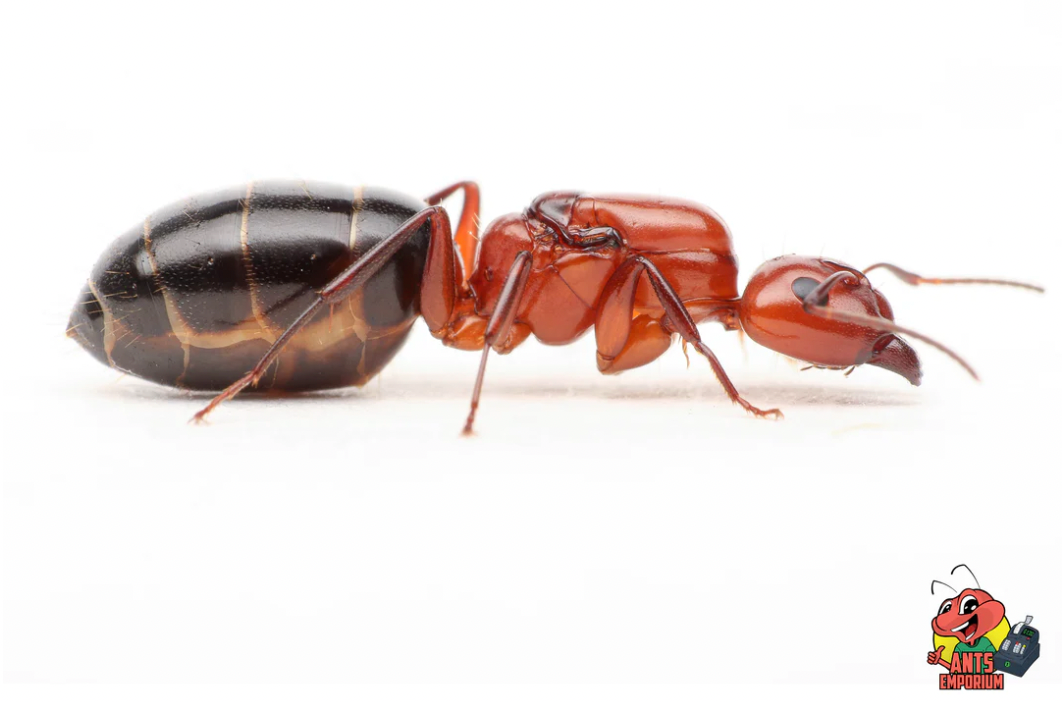

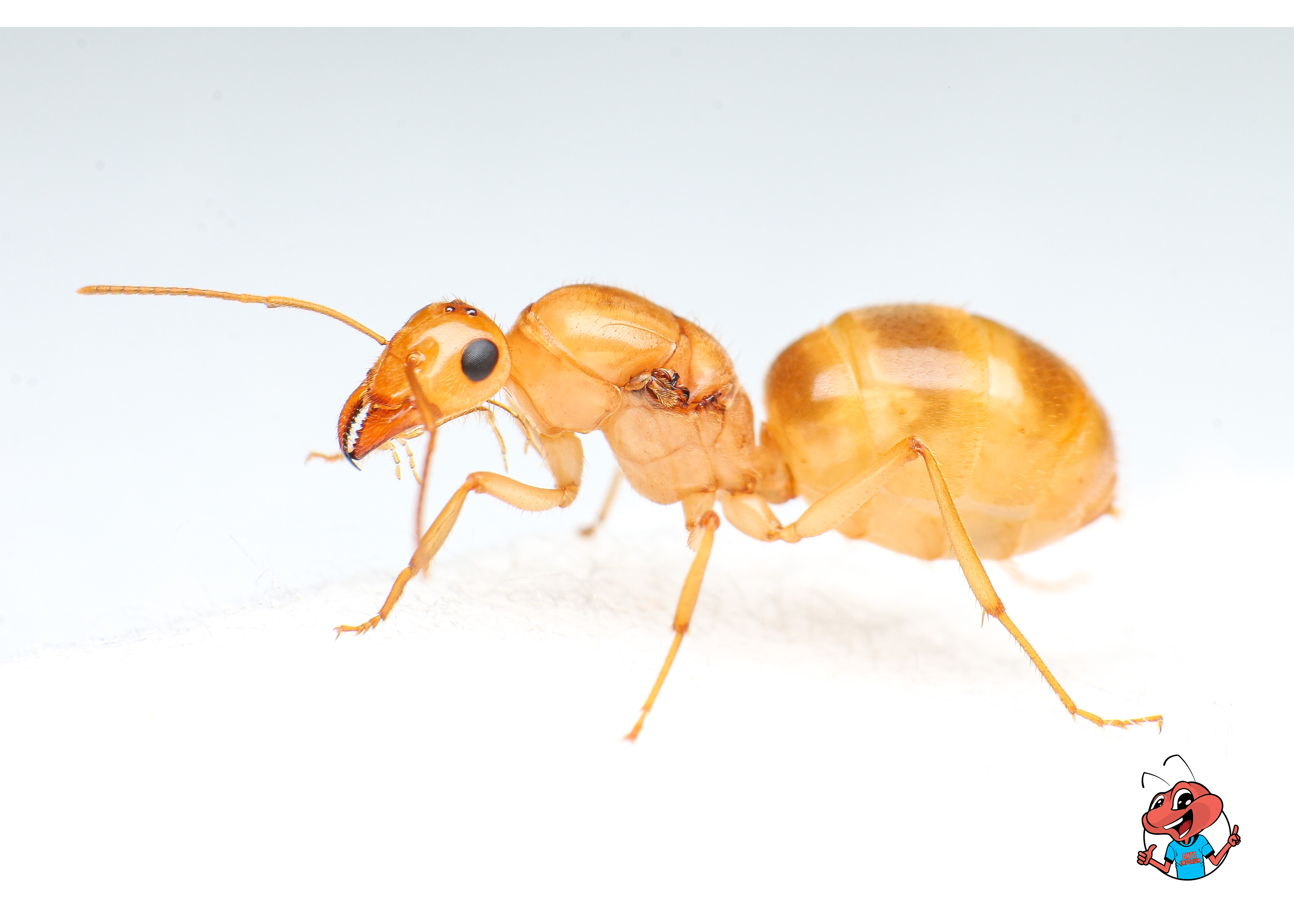
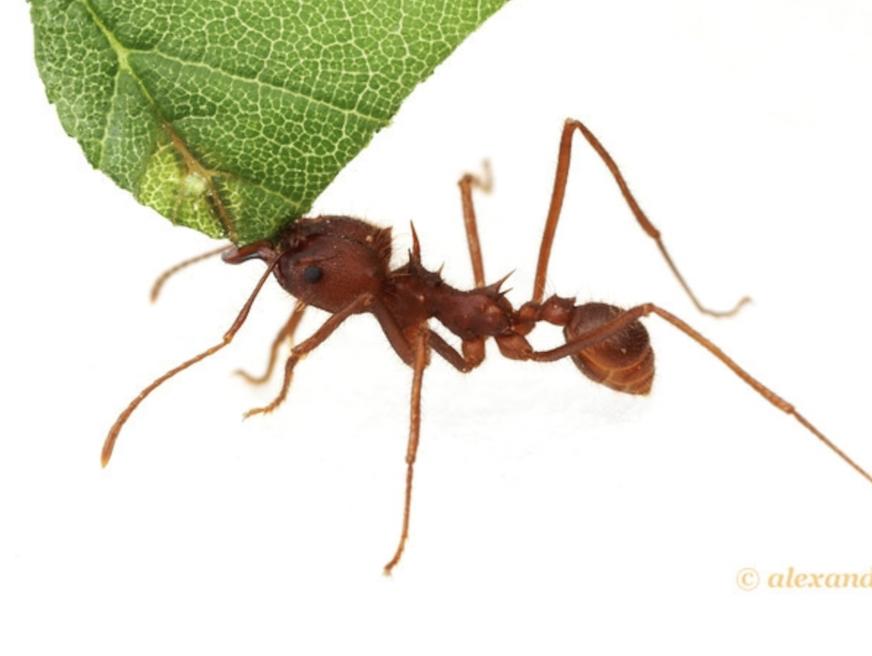
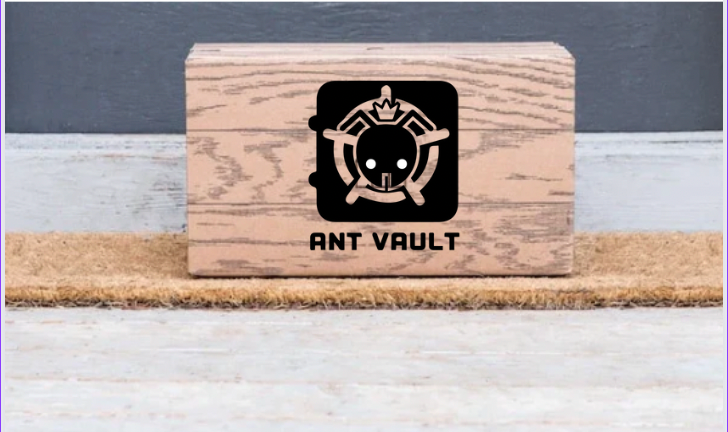



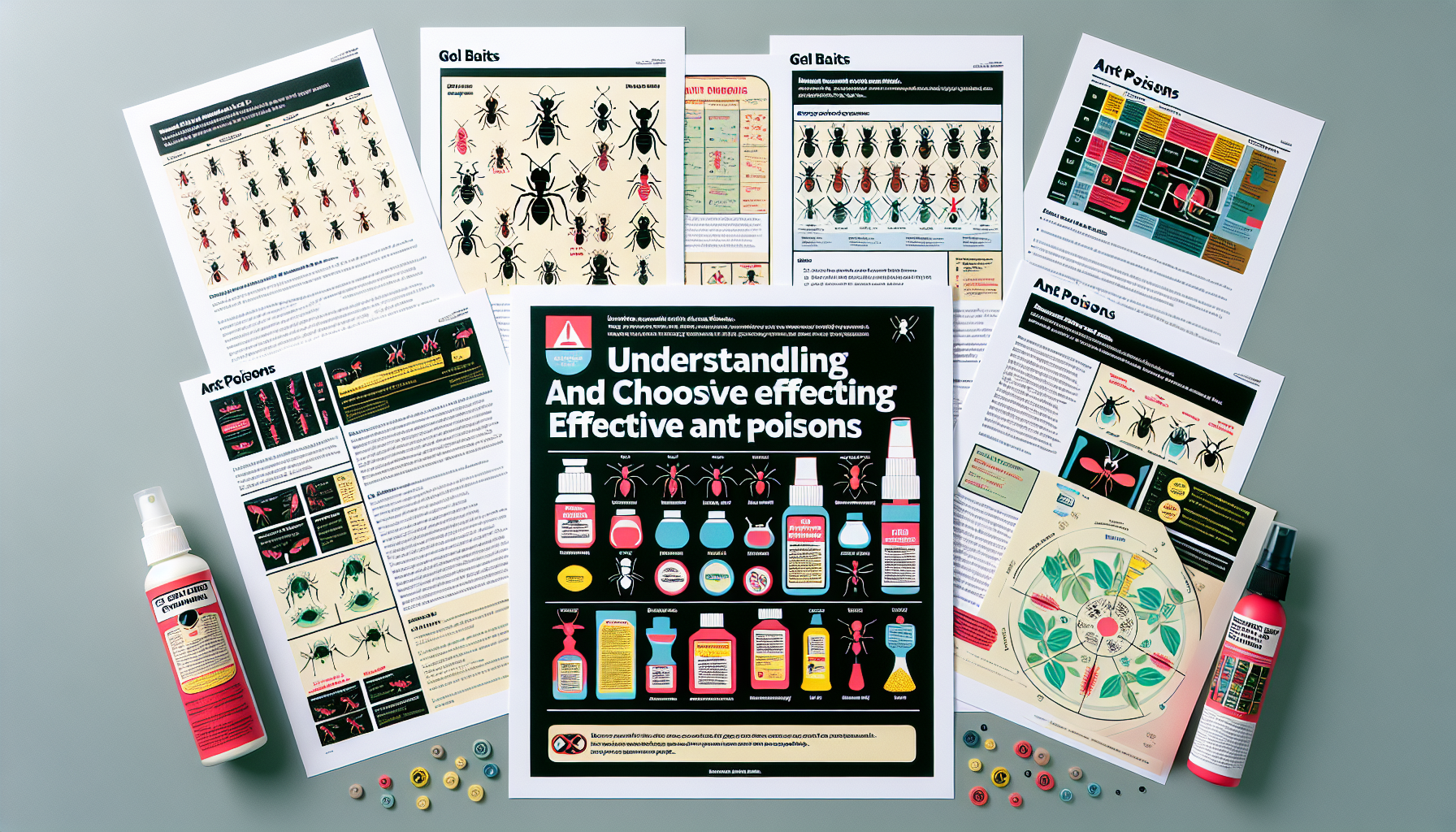
Leave a comment